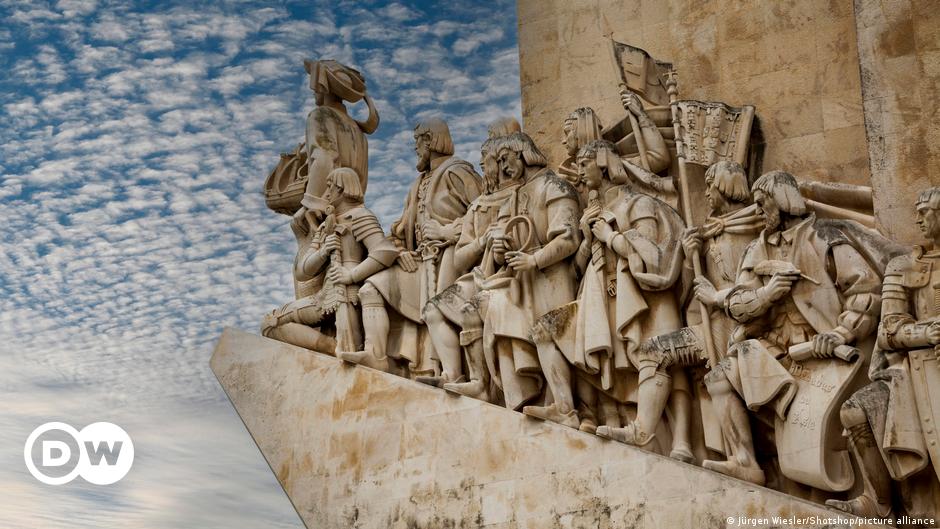Portuguese President Marcelo Rebelo de Sousa had called for Lisbon to find ways to compensate its former colonies, including canceling debt. The government says it has not initiated any process to that effect.
Lisbon is not planning to pay reparations for trans-Atlantic slavery and colonialism, Portugal’s government said on Saturday.
The statement comes in response to remarks by President Marcelo Rebelo de Sousa, who said Portugal could find ways to compensate its former colonies.
Portugal said in a statement that it seeks to “deepen mutual relations, respect for historical truth and increasingly intense and close cooperation, based on reconciliation of brotherly peoples.”
It stressed that it had not launched any “process or program of specific actions” for paying reparations.



Ancestors?
https://en.wikipedia.org/wiki/Portuguese_Colonial_War
There are people alive right now who were slaves in Portuguese Africa.
The closest for fairness we can get in this is for the descendants of those who suffered getting compensation and that coming from the money inherited from those who did the deeds.
Through most of the XX Century, the vast majority of the Portuguese weren’t big land owners in the “colonies” (horrible word, by the way, but representative of that mindset), rich trading or industrial burgeoises making money from cheap raw materials, or a descendant of those: they were incredibly poor subsistence farmers who couldn’t afford shoes for their kids and put them to work by the age of 12, in a country that even got food help from The Netherlands.
In this like in every other situation were such a concept is applied, group guilt and group compensation are just going to move the injustices around and create new ones by making mainly those who are blamless and never got a cent from those actions pay for the deeds of those who never get punished - the rich from the Fascist regime and the Monarchy before it - whilst the ones that end up getting compensation are the pointy-elbow middle and upper classes in some african nations rather than the ones who need the help (and very likely deserve it) who are poor, illiterate and would have no clue how to claim the help.
I think some measure of justice needs to be done here, I just disagree with the whole group guilt approach since it’s invariably a way dilute the blame from the old wealth who are generally the one who inherited most of those historically ill gotten gains.
I spoke generally but in this specific topic, Portugal should be fined by European Court of Human Rights for those individuals. Because it’s unlikely there are still people alive who caused this incident in the first place. So yes, ancestors, for those who didn’t commit these crimes.